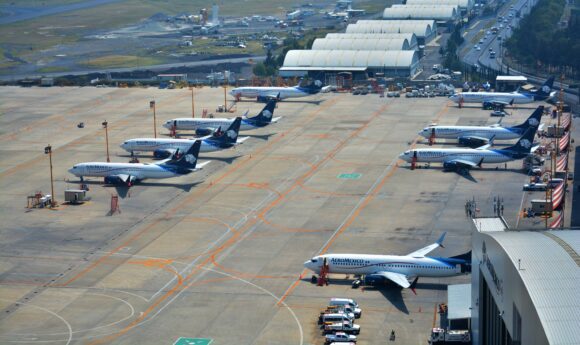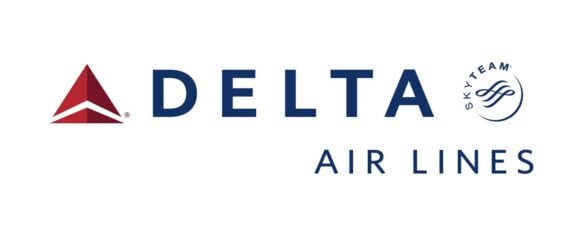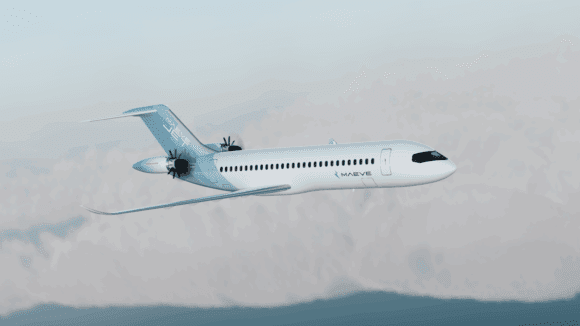
Aeromexico Connect scaled
Mexico’s Federal Civil Aviation Agency (AFAC) is investigating a serious incident that occurred at Mexico City International Airport (AICM) on the morning of July 21, when a Delta Air Lines aircraft was forced to execute a rejected takeoff at high speed after its crew spotted an Aeroméxico Connect aircraft landing on the very same runway.
The event involved Delta flight DL590, an Airbus A320 that was in its takeoff roll on runway 05R for a flight to Atlanta (ATL), and Aeroméxico Connect flight AM1631, an Embraer E190, which was on final approach. Audio from the Delta cockpit captured the crew’s shock, with the pilot exclaiming “Wow,” followed by “increíble” (incredible), a testament to the critical nature of the runway incursion.
Delta Air Lines confirmed the event, stating it is fully cooperating with the investigation. The airline said that “appreciate the crew’s actions to maintain situational awareness and act quickly, as a result of the extensive training Delta provides.”
A Pattern of Escalating Safety Concerns
This high-profile event is not an isolated case but rather the latest in a series of safety lapses that have raised alarms within the industry. It is considered by internal sources, cited by Mexican media, to be “more serious than the Volaris incident” of May 2022, where a landing aircraft had to perform a go-around to avoid a jet already on the runway. In this July 2025 incident, the critical separation failed, and the Aeroméxico aircraft overflew the Delta jet.
Other recent events contribute to a pattern of operational challenges:
- In March 2025, a ground incident at Cancun International Airport (CUN) involved a collision between service vehicles and a parked Viva Aerobus A321, causing fuselage damage and underscoring issues with ramp safety protocols.
- In November 2024, a Volaris A320 on final approach to Guadalajara (GDL) was forced into a go-around after a private aircraft was slow to vacate the runway, an event attributed in preliminary reports to an ATC lapse.
These events are happening against a backdrop of persistent warnings from SENEAM (Mexican Air Navigation Services) controllers, who in a December 2024 letter to the Secretariat of Infrastructure, Communications, and Transport (SICT), flagged critical risks associated with understaffing, insufficient training, and overwork.
Intensified U.S. Scrutiny and the Threat of Sanctions
The incident at AICM significantly increases pressure on Mexican aviation authorities, particularly from the United States. Mexico’s aviation sector only recently regained its FAA Category 1 safety rating in September 2023, after more than two years under a Category 2 downgrade. That downgrade effectively acted as a sanction, prohibiting Mexican carriers from adding new routes or frequencies to the U.S. and preventing U.S. airlines from codesharing on their flights.
A return to Category 1 status was a crucial achievement, unlocking significant growth potential under the U.S.-Mexico air transport agreement. However, that status is provisional and depends on Mexico’s ability to maintain and prove its adherence to ICAO safety standards.
Each new incident is closely monitored by the U.S. Federal Aviation Administration (FAA) and the Department of Transportation (DOT). A pattern of serious safety lapses, such as this runway incursion, could trigger a new, intensive FAA audit. If this audit were to find systemic deficiencies—like those warned about by the nation’s own air traffic controllers—it could lead to another downgrade to Category 2.
Such a move would re-impose the damaging restrictions, effectively sanctioning the Mexican aviation industry and reversing years of progress. The investigation by AFAC is therefore critical, not only to determine the root cause of this specific failure but also to reassure international partners that Mexico’s aviation oversight is robust enough to prevent a recurrence and maintain its vital Category 1 status.
Views: 280



